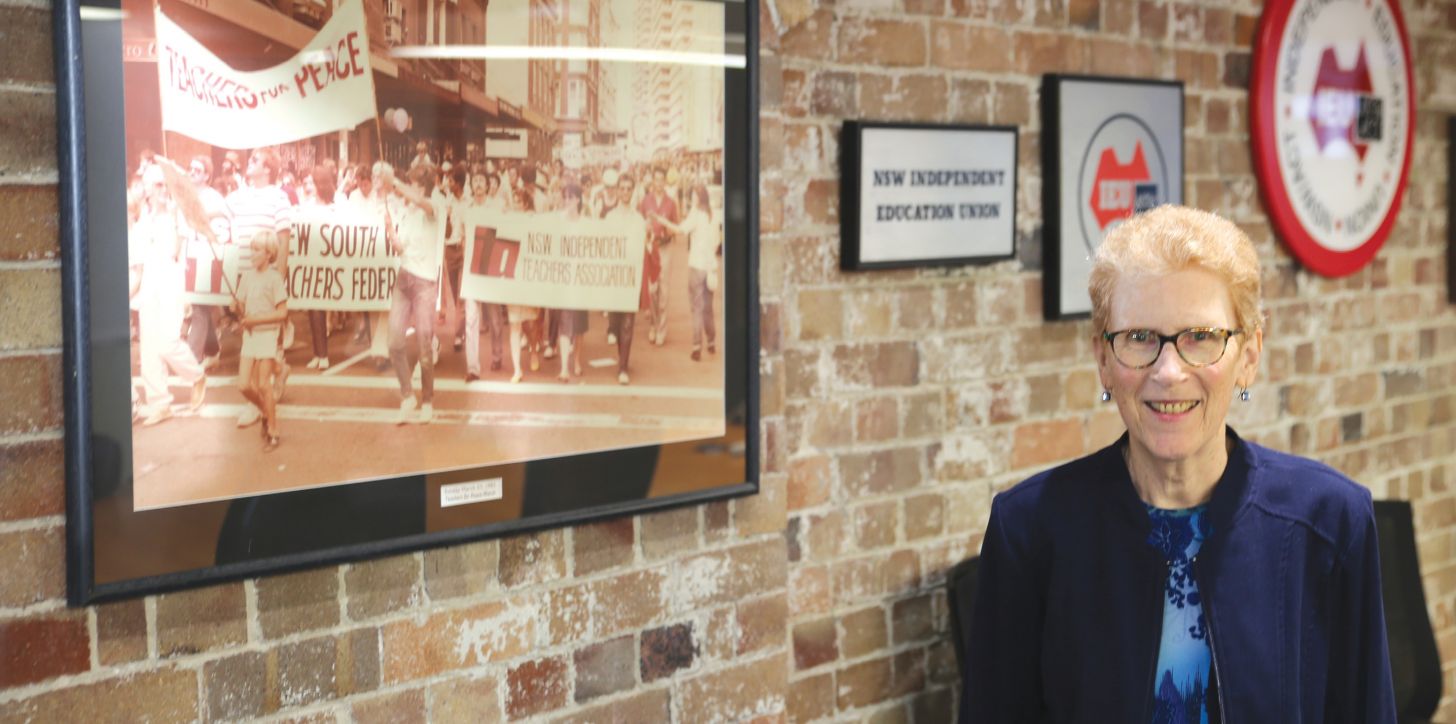NGS Super is getting ready to join forces with Australian Catholic Super. NGS Chief Executive Officer Laura Wright talks to IEU journalist Monica Crouch about why, and what it means for members.
When NGS Super unites with Australian Catholic Super in late 2021 or early 2022, the consolidated fund will have some $21 billion in funds under management and more than 200,000 members. Of this, NGS will bring about 113,000 members and $11.5 billion, while ACS comes with 85,000 members and about $9.5 billion.
“It’s about the future,” said NGS CEO Laura Wright. “The board really wants to maintain a strong independent and Catholic schools sector fund, and to do that we need to get bigger.”
The combined entity, comprising two ‘like-minded’ funds, will also retain its focus on the independent education community.
“We know teachers, we know the people working in the schools, we know what they like,” Wright said. “Our personal service, particularly in the workplace, is something we really value and our members value. And to maintain that focus going forward we need more members – a larger base to keep our costs low.”
The Australian Prudential Regulation Authority, the Australian Securities and Investments Commission and the Federal Government are strongly urging mergers in Australia’s $2.9 trillion super sector. The industry has grown crowded, highly competitive and overly complex, enabling underperforming funds to proliferate and discourage members from engaging with their investments. Mergers are intended not only to stabilise any listing ships but also to reduce overall fees charged to members.
Abundant upside
The union of NGS with ACS brings several blessings. “The immediate benefit will be a reduction in investment fees,” Wright said. “We found that just over a year ago when we merged with QIEC Super, a similar fund in Queensland, there was an immediate reduction in investment fees across the investment options.”
It works like this: every business has considerable fixed costs (for example, rent, salaries, utilities, fleet, regulator levies), so when these costs are spread across a larger membership, the cost to each individual member is reduced. And once NGS and ACS are no longer competing for members in the same sector, some marketing and servicing expenses will also decrease.
There are longer term benefits, too. “With the additional funds under management, we’ll certainly have more investment opportunities outside of the mainstream,” Wright said. “We’ll have opportunities to structure investments to make sure they’re cost-effective, which of course has a bottom-line effect on the returns.”
Another upside, Wright says, is bringing the best products and services from both funds together under one roof. Then there’s that all-important personal service. “We’re always prepared to spend time with members in schools,” she said.
Good marriage material
In many ways, it’s a match made in heaven. “These two funds have been like mirror-image of each other for 30 years,” Wright said. “We’ve coexisted in the same schools, with the same employers, and in some cases the same members – we have about 5000 dual members – so we have a lot in common. We’ve got the same organisational values and there are some similar products and services.”




































































































































